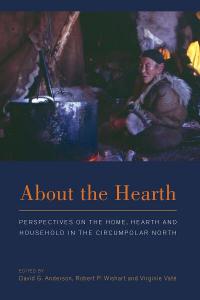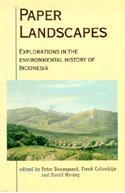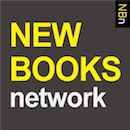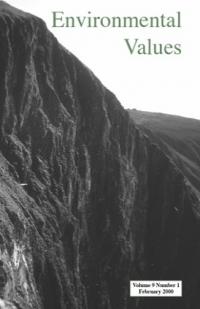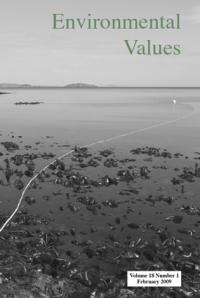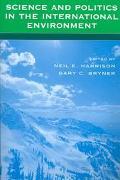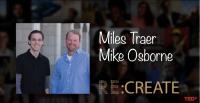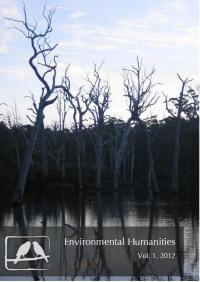About the Hearth: Perspectives on the Home, Hearth and Household in the Circumpolar North
Through interdisciplinary work in the circumpolar north, About the Hearth refocuses on issues of material culture and social organization in indigenous and local communities. In the process, it makes some compelling ethnographic and theoretical arguments.


